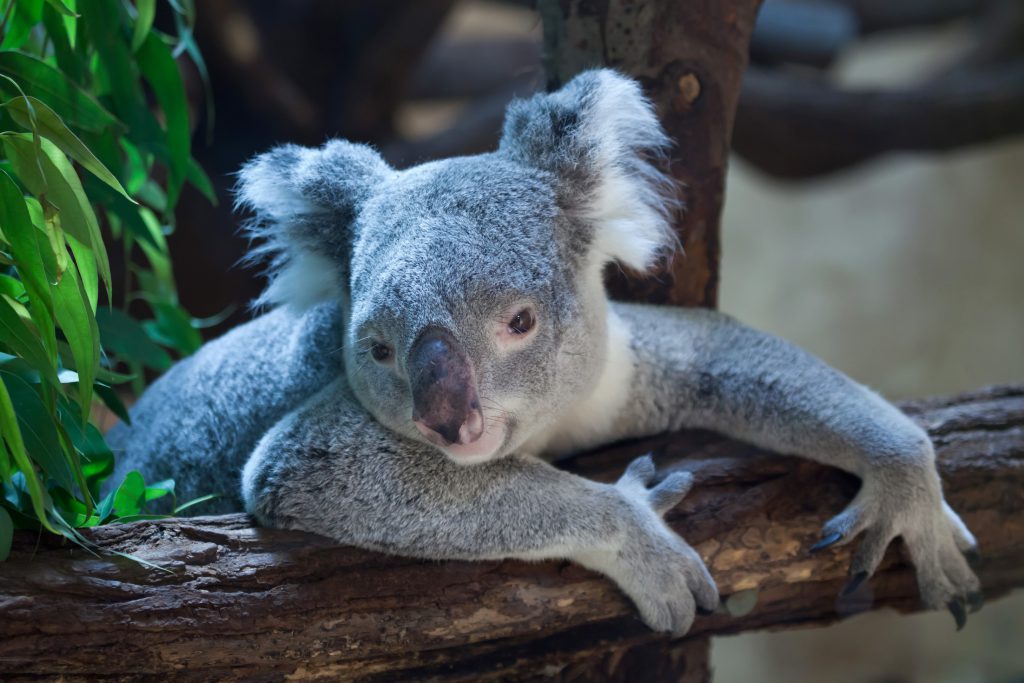No products in the cart.

[vc_row height=”small”][vc_column][vc_column_text]Is your backyard wildlife friendly this summer?
[/vc_column_text][/vc_column][/vc_row][vc_row height=”auto”][vc_column width=”1/2″][vc_column_text]A bird bath is a fantastic place for many buddies. (Photo: Richard Taylor).
When you get home, use the leftover water on your garden, and place fresh water out again each day. Not only will native birds, lizards, bugs and other animals be able to get a drink, but if they are extremely hot, they can always climb in and splash around to cool down.Keep your cat indoors as the hot weather forces wildlife out of their trees and hollows and onto the ground, making them more vulnerable to cat attacks. If you see a native bird or animal really under stress from the heat, it’s a good idea to call someone. You can ring a wildlife carer, a local vet, your local council, or the state’s environment department for help.[/vc_column_text][/vc_column][vc_column width=”1/2″][us_single_image image=”8613″][/vc_column][/vc_row][vc_row height=”small”][vc_column][vc_column_text]
- Keep the bowls clean, and freshen the water daily.
- Keep your pets indoors, so that wildlife has a chance to get to the water unhindered.
- If you put out a large tub of water, make sure to provide a stick or rocks for animals to use to climb out.
- Keep a cardboard box and a towel in the boot of your car in case you find an injured animal.
- Write down the phone numbers of a few wildlife carer organisations, and put it in the glovebox of your car, so that you know who to call in case you spot an injured animal.
- If you rescue an animal that has been burnt or suffering from dehydration, wrap it loosely, place it in a cardboard box, and keep it in a dark and quiet place. Offer it water, but not food. Call a wildlife carer as soon as possible for assistance and advice.
- If you rescue an injured animal, or see one but can’t stop, take down the exact address where you first saw it so that it can be taken back to its territory – this gives the animal a much better chance of survival after it has been rehabilitated.
- Unless advised by a wildlife carer, do not try to feed native animals.
- Do not leave food out in national parks for wildlife.
[/vc_column_text][/vc_column][/vc_row]
